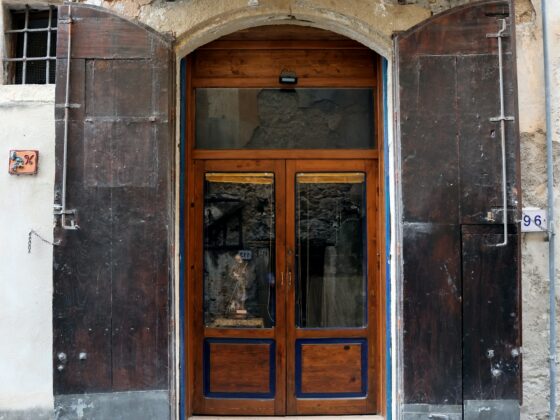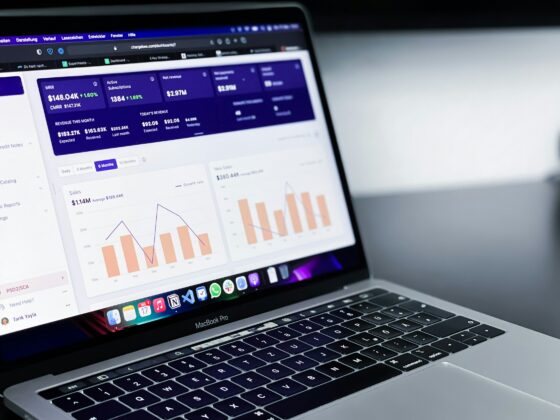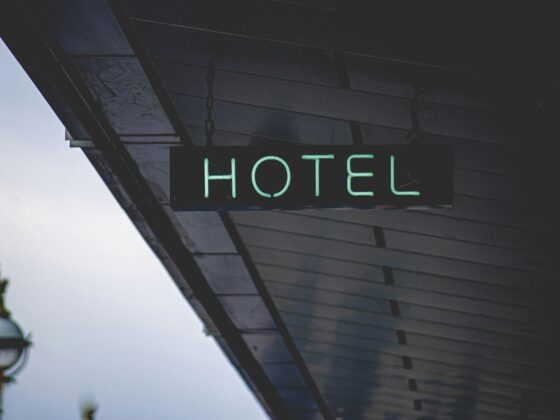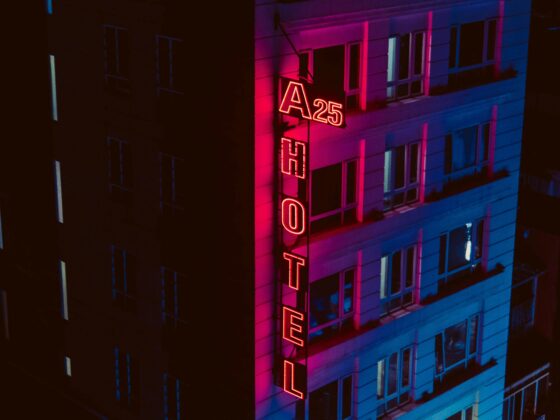
Music is everywhere, yet in hospitality, it’s often an undervalued item on an operations checklist. But anyone who’s walked into a silent lobby knows music shapes how a place feels, sometimes more than the decor ever could.
Today’s guests don’t visit hotels, restaurants or bars just to eat, sleep or grab a drink. They’re looking for a feeling, a memory and a story to take home. And music, more than almost anything else, sets the tone for that story. It can encourage guests to relax by the pool, extend a conversation in the lounge or feel more at home in their room. It can soothe, energize or simply help a space breathe.
Soundtrack research reveals just how much music matters. Nearly three out of four hotel guests, 72% notice the music playing around them. And when the soundtrack fits the brand, sales can rise by more than a third. Music isn’t just filling silence, it’s shaping the entire guest experience.
Despite its impact, many venues still struggle to choose the right music and keep it fresh and consistent across different spaces and times and to cover the 24/7 aspect of hospitality. But with education on how to curate music and the tech that can be used to make it easy (and legal), it’s possible to create a sound that truly belongs to your venue.
Define Your Brand’s “Sonic Identity”
Think about the best places you’ve visited. Chances are, they had a vibe you could feel the moment you walked in. That’s not accidental. The music was chosen to fit the room, the time of day and the mood. That’s a “sonic identity,” not a buzzword, but a real, living part of a brand.
It’s worth asking: What’s the soundtrack to this space? Is it calm and contemplative, or lively and bold? Does it change as the evening unfolds, or does it stay steady and reassuring? The answers should come from the brand’s personality and values, not just what’s trending this week.
Curate Music with Intention, Not Just Taste
There’s a temptation to treat music as a personal project. A hotel’s location or a staff member’s taste shouldn’t dictate the playlist. For example, while a property in Nashville might lean toward country music, an Art Deco-inspired hotel like the Noelle calls for a more refined atmosphere. Light jazz or swing can better complement the architecture and vibe, enhancing the sense of place for guests. Research shows sales increased by an average of37% with brand-fit music instead of random hits.
It’s also important to consider factors like time of day, volume and variety. The energy needed for breakfast service isn’t the same as what suits a quiet evening cocktail setting. Music should be dynamic, evolving with the rhythm of the day. Asking staff what’s working can lead to simple adjustments that make a big impact. And of course, playing music cleared for commercial use is essential.
How to Choose Your Music Strategy
One of the most overlooked decisions in music selection is choosing how to manage it operationally. Should music be controlled globally or left in the hands of local managers? Should there be a uniform experience or room for regional flair? There are several practical approaches hospitality brands can take depending on their goals and resources.
Some brands take a global consistency approach. They play the same music no matter the time of day or location. This model is ideal for companies that prioritize brand control and guest familiarity. It works especially well for global chains where customers expect the same atmosphere from one location to the next. While it ensures consistency, it can also feel disconnected from the culture and rhythm of a local area.
Others prefer guided local flexibility. This means central teams build custom playlists each month that reflect the brand’s personality. Local managers can choose from these options based on their understanding of their market. It offers a balance between consistency and contextual relevance. Managers are empowered to tailor the experience, but within a defined framework that keeps the brand’s sonic identity intact.
Then, some operators embrace full local autonomy. In this model, each location’s manager selects their own music based on what suits their customers. This is often the choice for boutique hotels and independent restaurants. It creates opportunities for authentic local engagement and improvisation but requires trust in frontline teams and may result in inconsistent guest experiences.
To determine which model is right, business leaders should consider a few core questions. Is brand consistency more important than personalization? Do local teams have the time and expertise to manage music? Are you looking for simplicity, flexibility or a blend of both? There is no one-size-fits-all answer, but taking the time to decide how music is selected and managed will help ensure that your sonic identity doesn’t happen by accident.
Technology Makes Music Easy, Scalable and Smart
Managing music across a property or several properties used to mean endless playlists and tedious, constant attention. Now, technology and automation can do the heavy lifting. The best tools will have features that accommodate long hours, schedule changes and multiple zones automatically. The right platform removes complexity, ensures consistency and elevates guest experience effortlessly. The real win? Consistency without effort. The right song, in the right place, at the right time every day.
Modern business-first music platforms are built with the realities of hospitality in mind. They allow operators to create unique sound zones for lobbies, spas, gyms and restaurants, all managed from a single dashboard. Whether a venue wants to handpick every track or rely on expertly curated playlists, these systems offer flexibility ranging from meticulous control to a “set it and forget it” approach. Playlists can be scheduled to shift automatically throughout the day, ensuring the music always matches the energy of the space.
Remote management means updates can happen from anywhere, and open APIs allow music to integrate with other systems like lighting or event schedules for a truly seamless environment. Features such as explicit lyrics filters, real-time playlist updates, and insights into how music affects guest behavior help venues fine-tune their atmosphere and keep content fresh.







